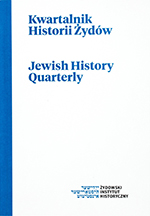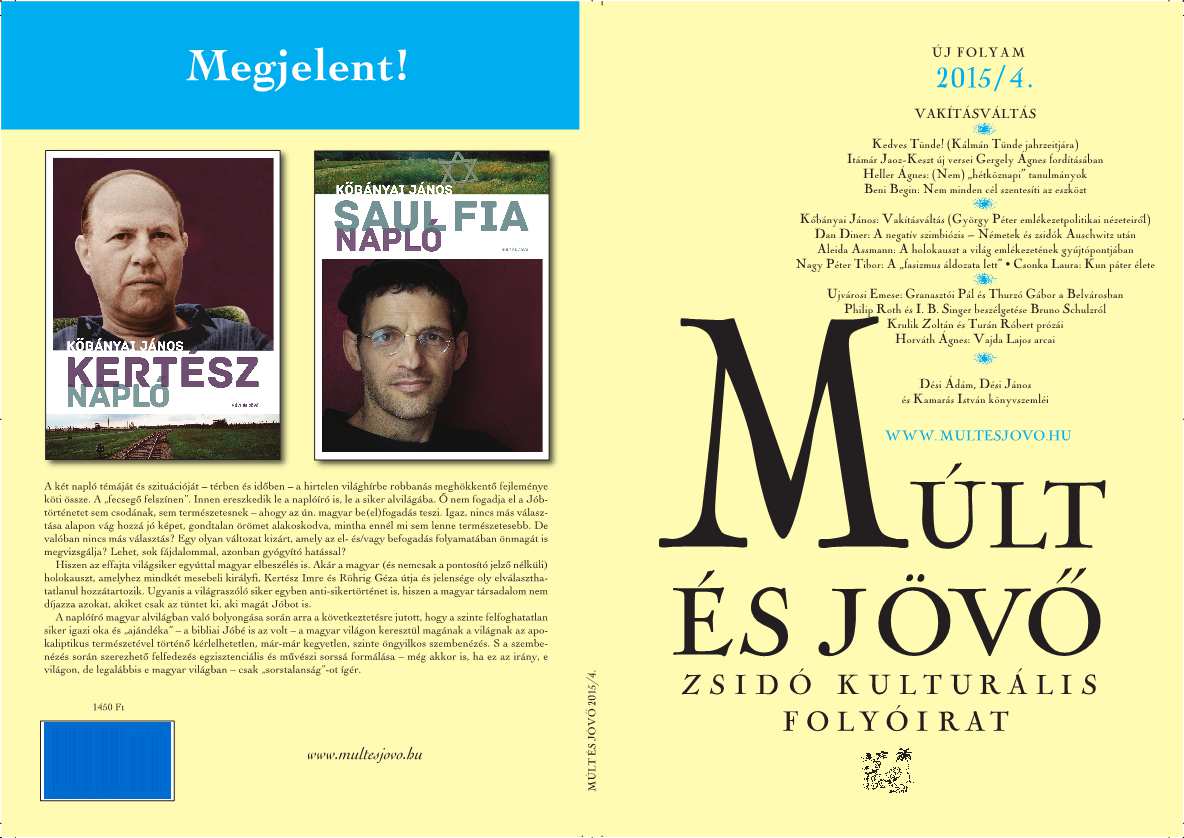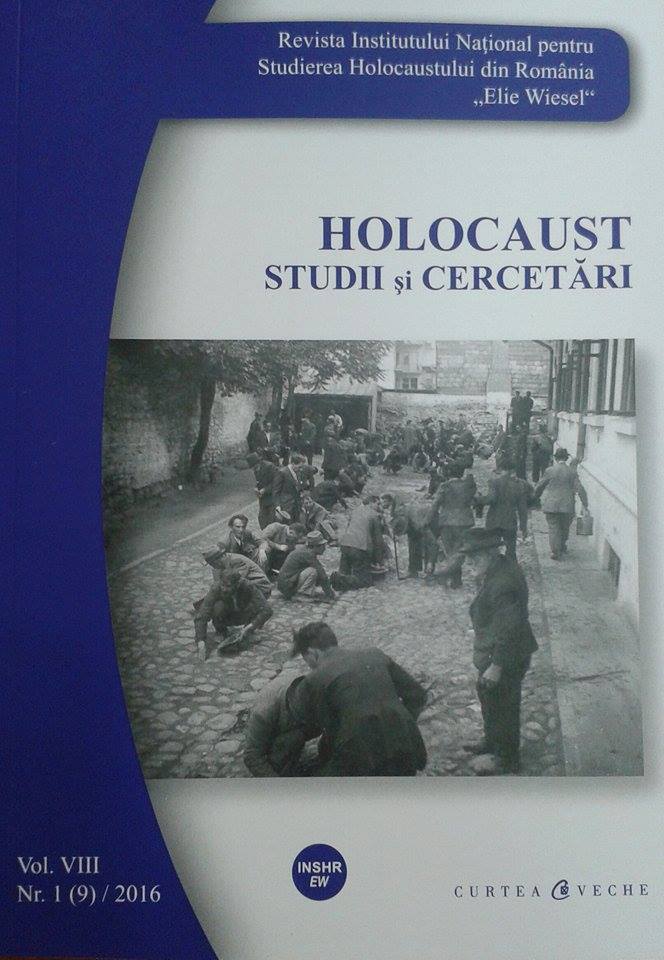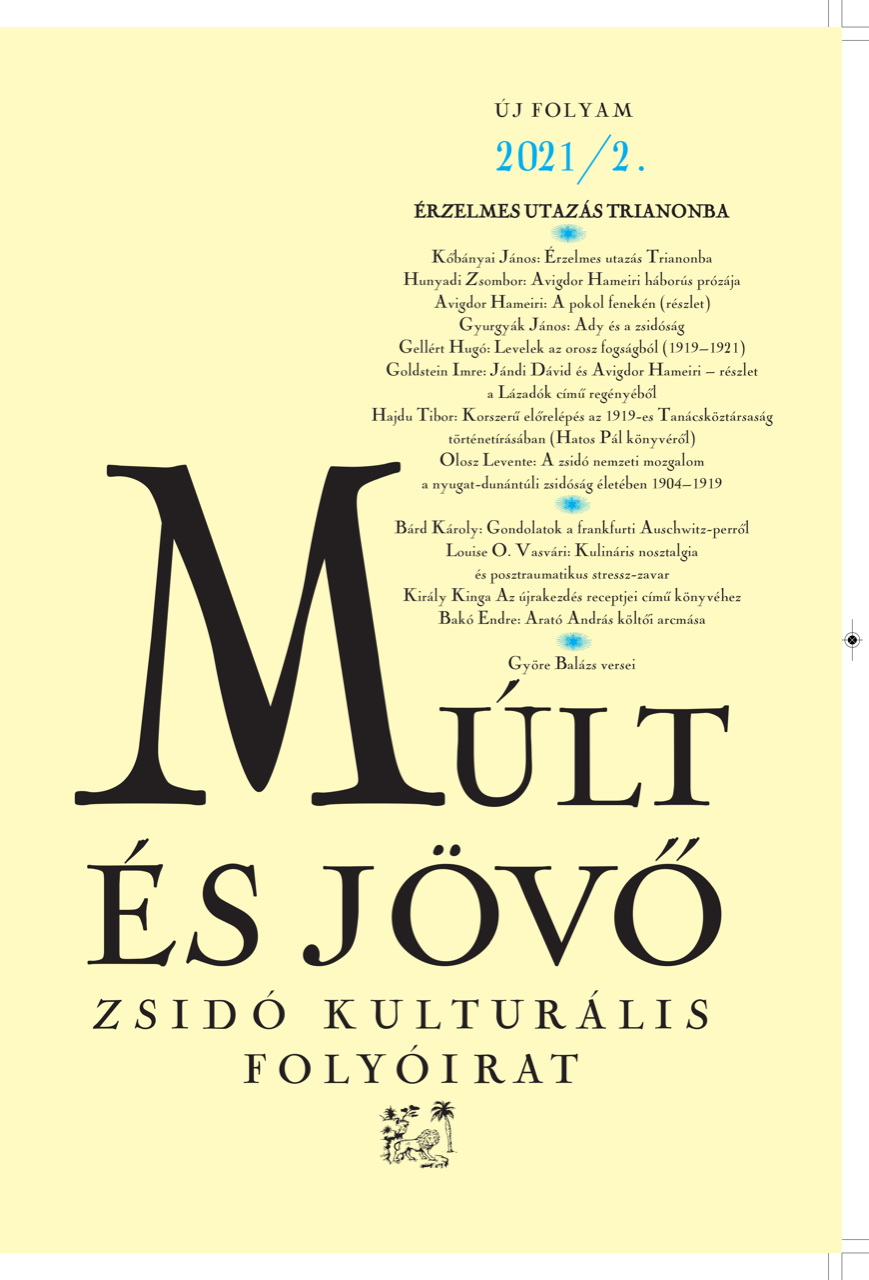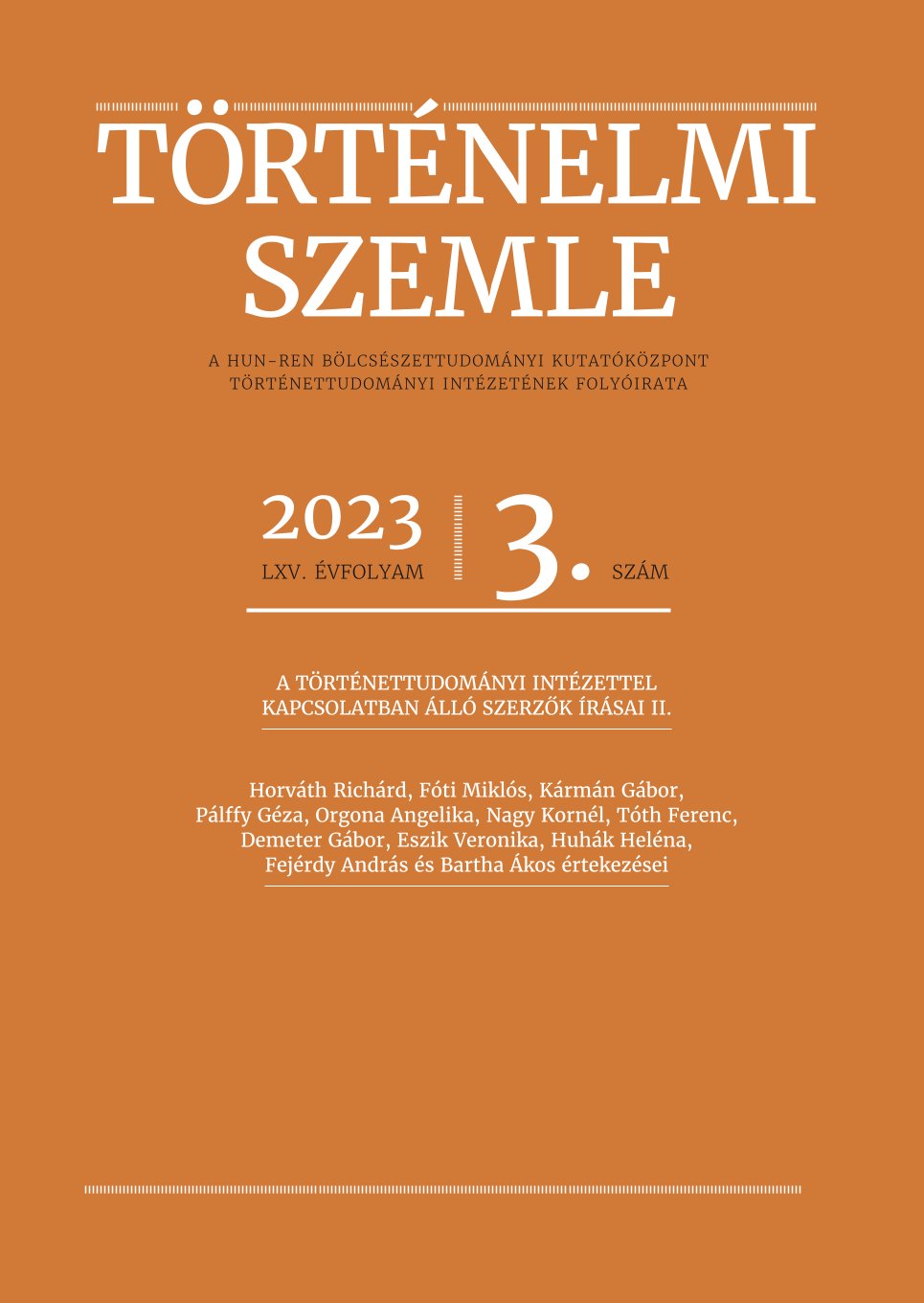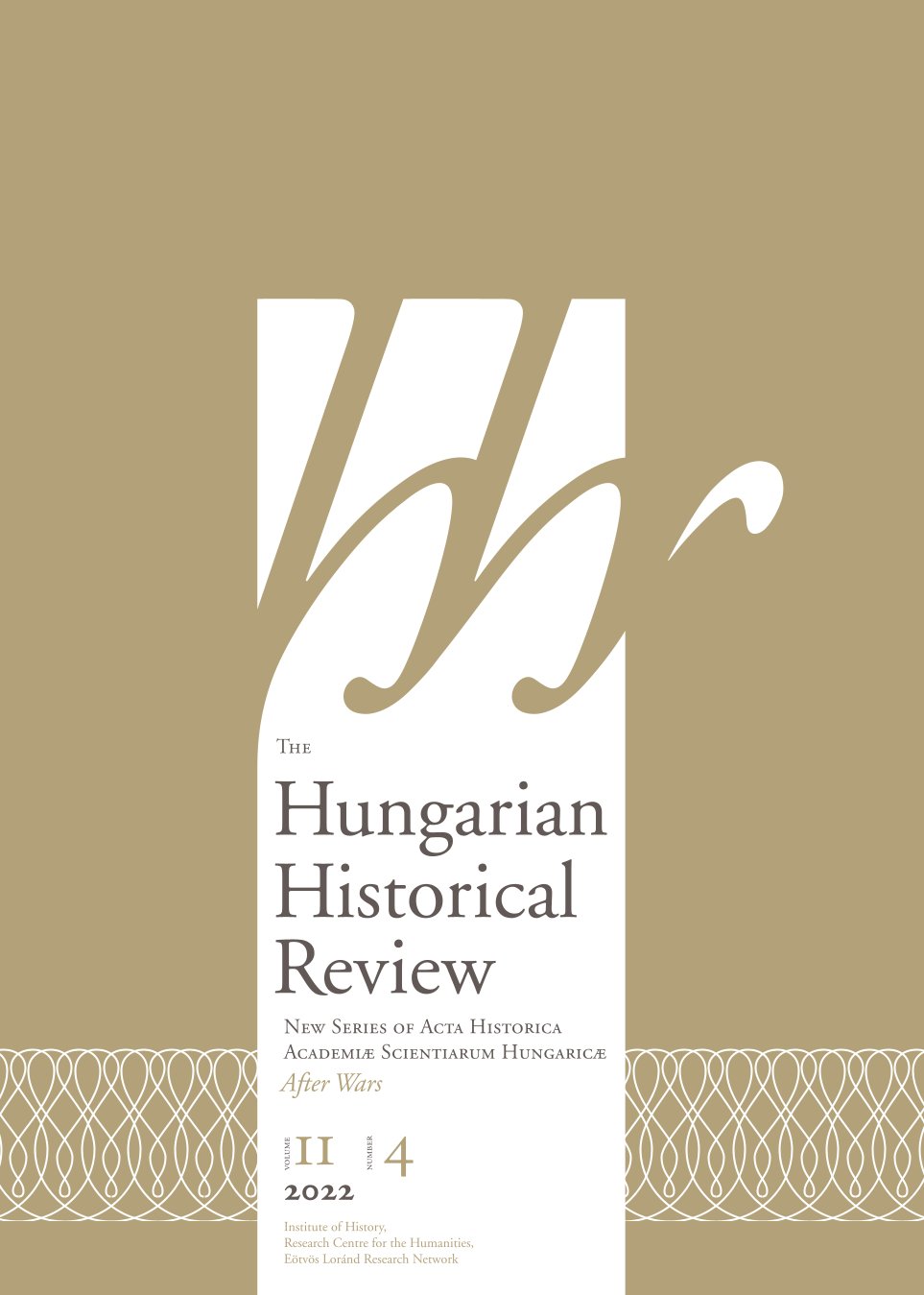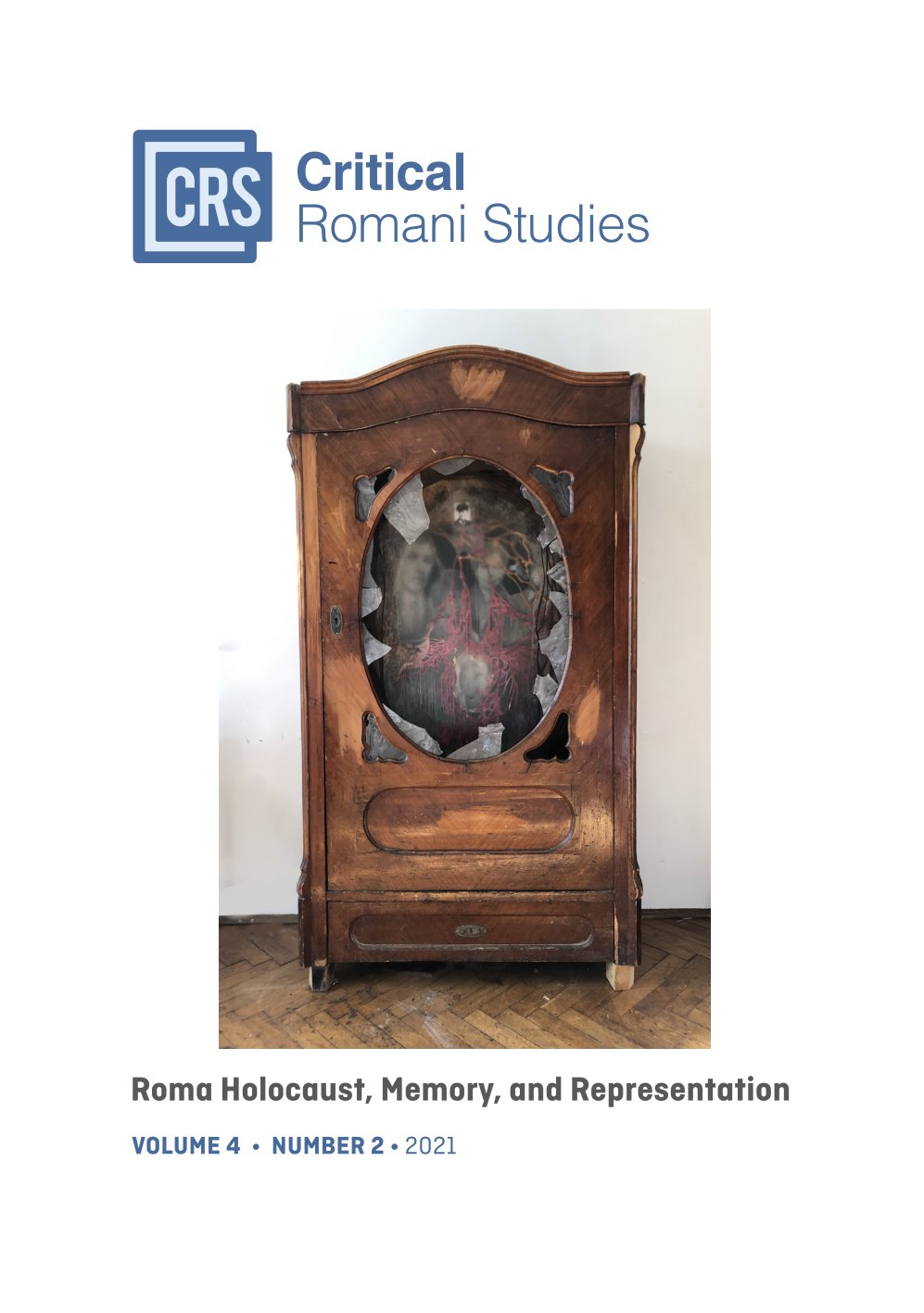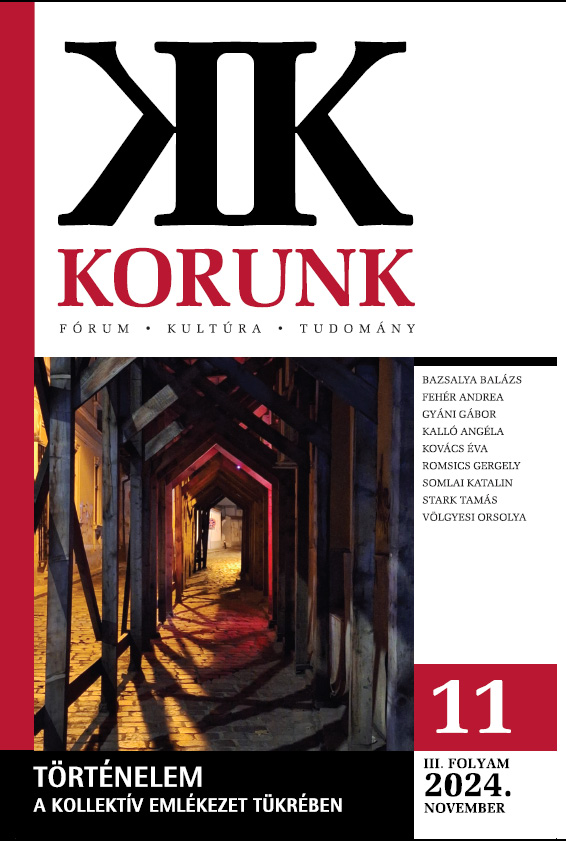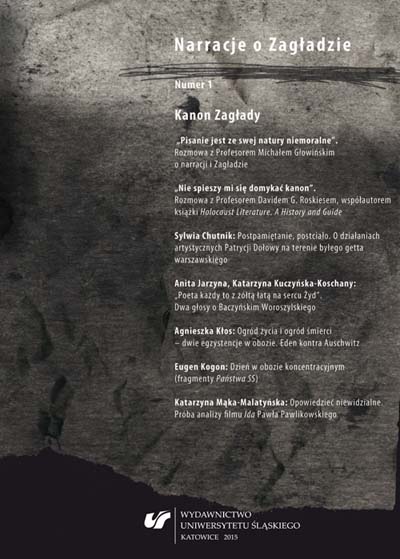
Literatura węgierska wobec Zagłady. Wokół kanonu
The text presents a number of the most important figures of the landscape of Hungarian literature devoted to the theme of the Shoah, among others S. Márai, M. Radnóti, J. Pilinszky, F. Sánta, who faced the problems of memory, the torments of war and the experience of the “Jewish condition”. Each of the subsequent generations of writers engaged the subject of the Shoah in different ways, changing the conventions or the stylistic or genre-related resources, owing to which there emerged an extremely abundant literary material, varied as far as the form, volume, language, artistic freedom and references to the works which constitute the canon of writings devoted to this subject are concerned. One of the formal solutions which are unique on a world scale is the phenomenon of de-tabooisation, of choosing genres which are incongruous with the rules of aesthetic bienséance (irony, the grotesque, surrealism), whose presence is testimony to the lack of the presence of the Shoah in the social discourse and to a desire to restore it to its rightful place in the context of literary experiments which provoke but which also demand to be perceived and solved.
More...
